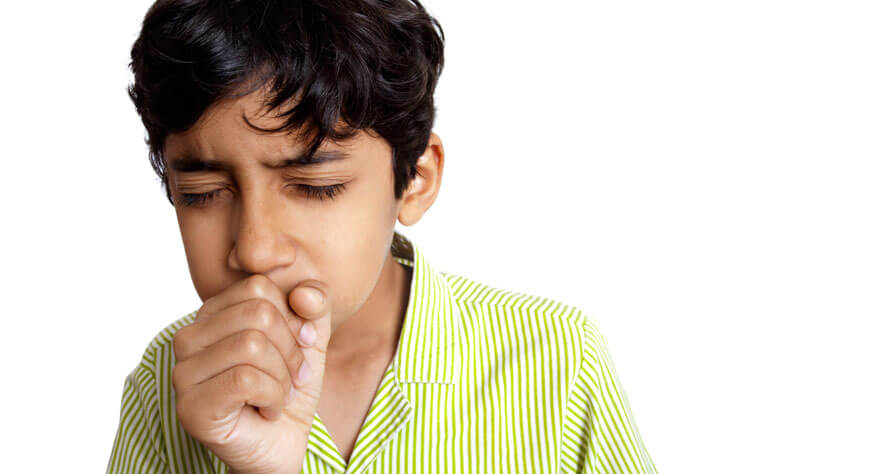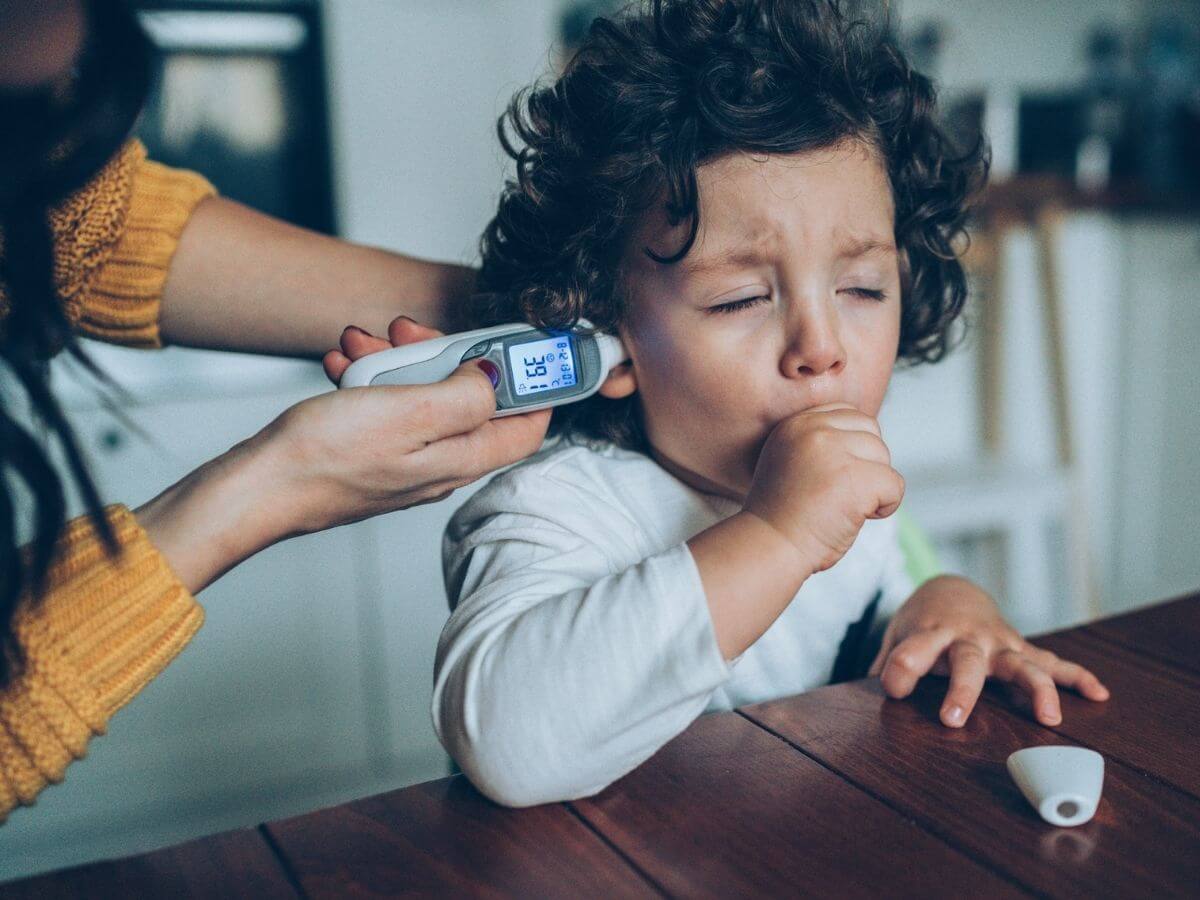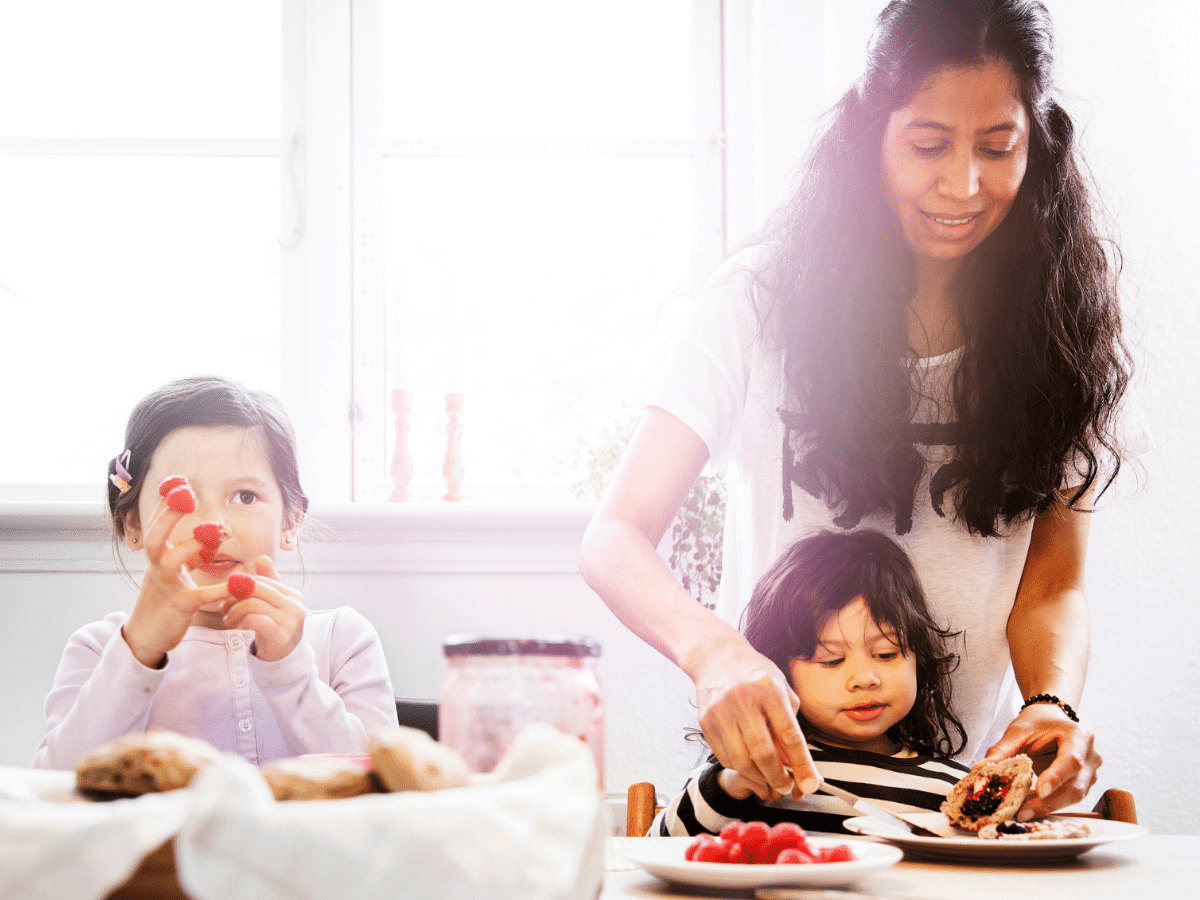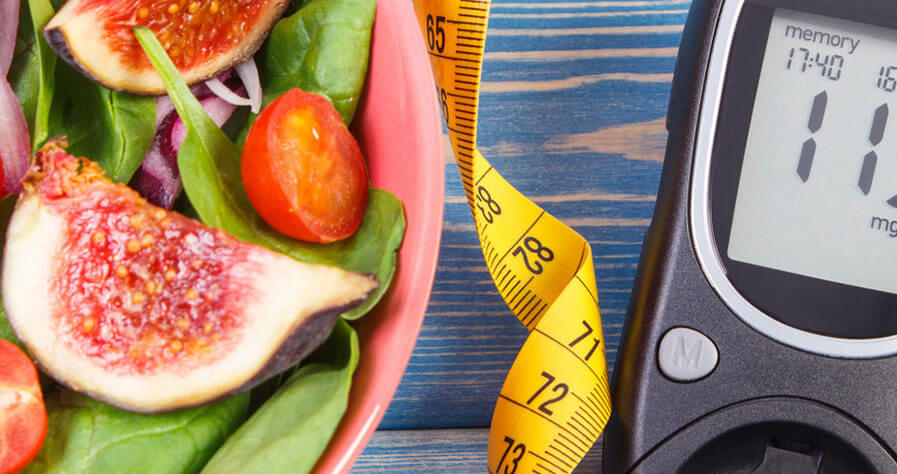Concerned Over Child’s Cough?

If you’re a parent, hearing your child cough may make you feel uneasy. And while most childhood coughs are nothing to worry about (coughing removes mucus, irritating substances and infections from your child’s respiratory system), there are some circumstances when you should be concerned.
Contact your child’s doctor immediately, if your child:
- Experiences difficulty in breathing or is breathing faster than normal.
- Looks blue or gray in the face, lips, chest or inside the mouth (call 911).
- Has a high fever (102 degrees or higher) or any fever in a child 3 months or younger.
- Makes a “whooping” noise when breathing in after coughing. Learn more about whooping cough.
- Is coughing up blood.
- Has a stridor (a harsh “whistling” noise) when inhaling or wheezes when exhaling.
- Coughs constantly or can’t sleep due to a cough.
- Has a cough that lasts for more than two weeks.
Caring for Your Child’s Cough at Home
Here are some ways to help your child feel better:
- If your child has asthma, make sure you have an asthma action plan with your doctor. The plan should help you choose the right asthma medicines to give.
- For a “barky” cough (croup), turn on the hot water in the shower in your bathroom and shut the door so the room will steam up. Then, sit in the bathroom with your child for about 20 minutes. The steam should help your child breathe more easily.
- Place a cool-mist humidifier in your child’s bedroom. It can help keep your child’s airways clear and moist.
- Keep your child hydrated. Cool beverages such as water or juice can be soothing and can thin mucus secretions, enabling them to be expelled more easily. Avoid giving your child soda or orange juice, as these can irritate a throat that is sore from coughing.
- Never give your child (especially a baby or toddler) OTC cough medicine without first checking with your doctor.
- Don’t smoke. Smoke is an irritant and will worsen your child’s cough.



